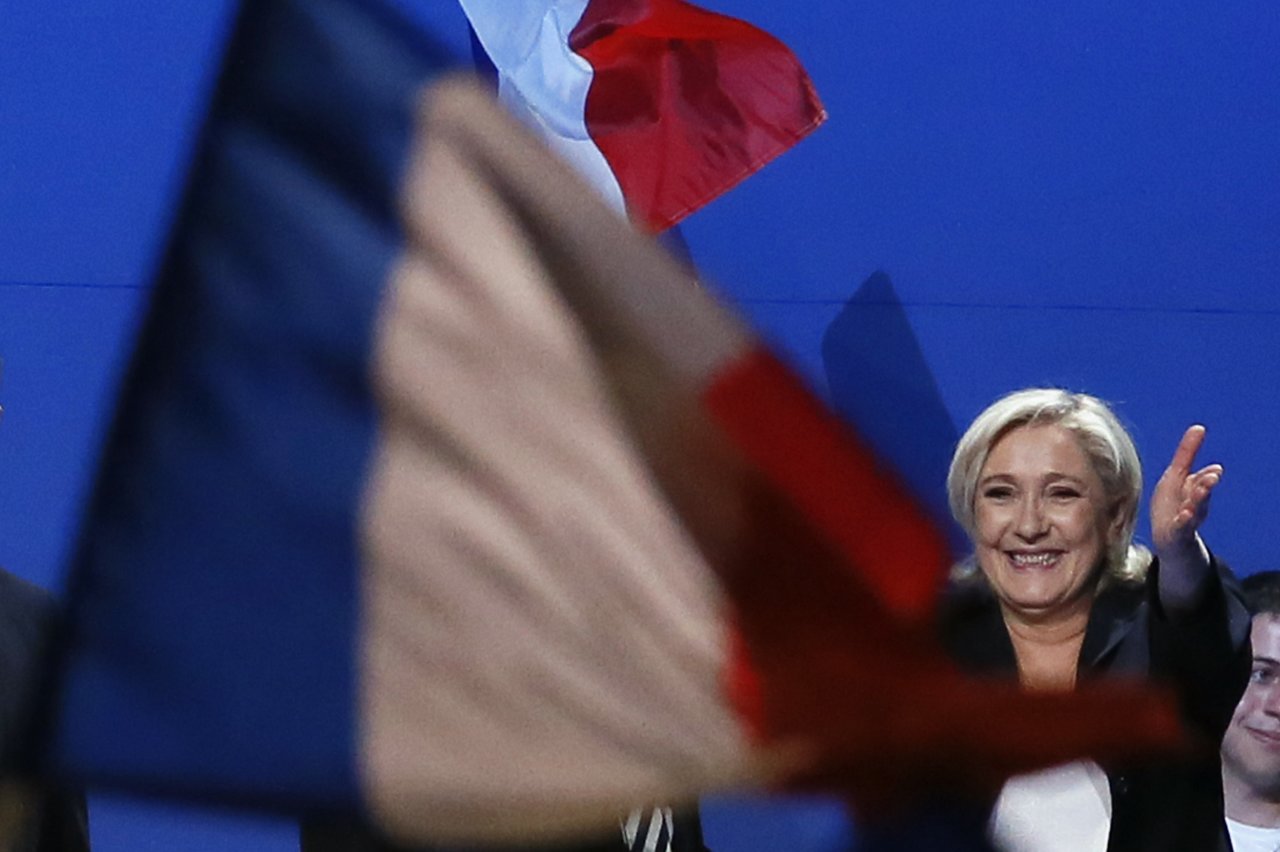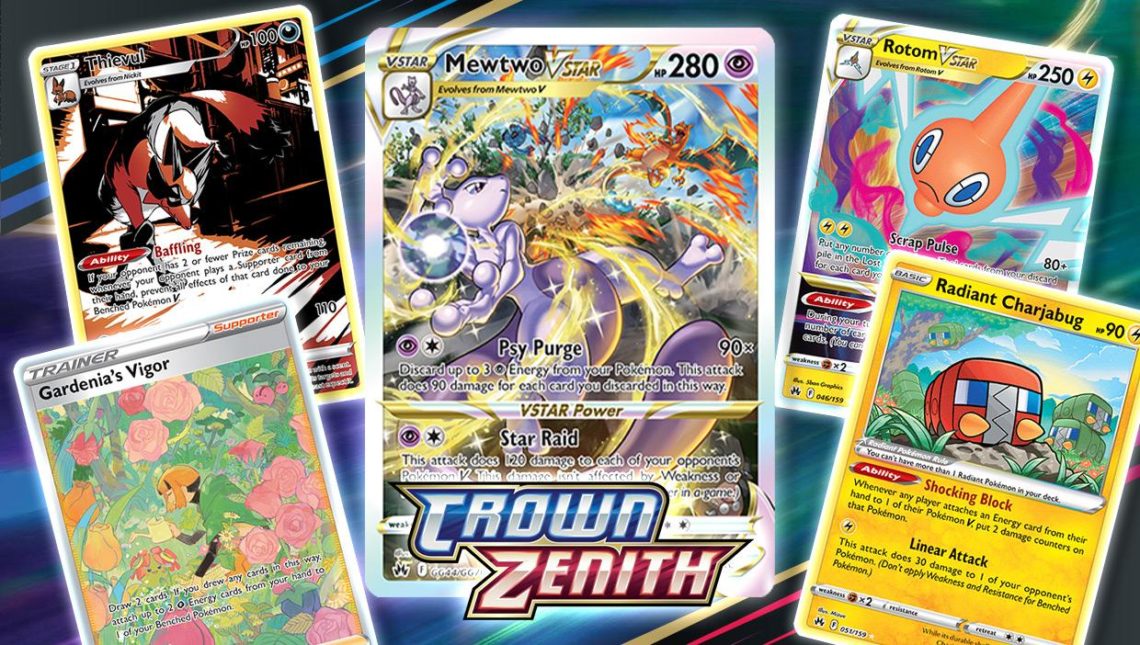Le Pen's Accusation Of A "Witch Hunt" As Rally Bans Spark Outrage

Table of Contents
The Rally Bans: Locations, Reasons, and Legal Context
Several rallies planned by Le Pen's National Rally party have been banned across France, sparking outrage and accusations of political censorship. These bans raise concerns about the balance between maintaining public order and upholding fundamental rights to freedom of assembly and speech.
-
Specific Locations: Bans have been reported in cities including [Insert specific city 1], [Insert specific city 2], and [Insert specific city 3], among others. The locations often have historical significance or are strategically important for political messaging.
-
Official Reasons: Authorities have cited various reasons for the bans, most commonly:
- Public order concerns: Concerns about potential clashes with counter-protesters or the disruption of public services.
- Security risks: Allegations of potential threats to public safety, requiring preventative measures.
- Lack of proper permits: Failure to obtain the necessary permits for organizing large-scale public gatherings in accordance with French law.
-
Legal Context: French law, specifically [cite relevant French law or code regarding public gatherings], governs the organization of public demonstrations. Organizers are required to submit applications well in advance, detailing the planned event, including location, date, time, and expected number of attendees. Authorities can refuse permits based on legitimate security or public order concerns.
-
Legal Challenges: Le Pen and her party have initiated legal challenges against some of the bans, arguing that they represent an infringement on their fundamental rights to freedom of speech and assembly. The outcome of these legal challenges will have significant implications for future political protests in France.
Le Pen's "Witch Hunt" Accusation: Analysis and Reaction
Le Pen has vehemently denounced the rally bans as a politically motivated "witch hunt," claiming they are an attempt to suppress her party's voice and stifle dissent.
-
Direct Quotes: "[Insert direct quotes from Le Pen about the alleged witch hunt, citing the source]". Her statements have consistently framed the bans as an attack on her political movement and a broader suppression of right-wing views.
-
Rhetorical Analysis: Le Pen’s use of the term "witch hunt" aims to garner sympathy from her supporters and portray the government as authoritarian and oppressive. This rhetoric effectively rallies her base while potentially alienating more moderate voters.
-
Reactions from Other Parties: [Insert reactions from other major political parties, such as Macron's party, the Republicans, and the Socialists, including specific quotes and stances]. The responses range from strong condemnation to more nuanced assessments of the situation, reflecting a deep political divide.
-
Media Coverage: Media outlets have covered the events extensively, with varying perspectives on the legality and fairness of the bans. Some portray the bans as necessary for public order, while others view them as an attack on freedom of speech, fueling the debate further.
The Broader Implications for Freedom of Speech in France
The controversy surrounding the rally bans and Le Pen's accusations raises significant questions about the delicate balance between public order and freedom of expression in France.
-
Public Order vs. Freedom of Expression: The debate highlights the inherent tension between the state's responsibility to ensure public safety and the fundamental right of citizens to express their political views publicly.
-
Precedents and Future Implications: These bans could set a precedent for future political protests and raise concerns about potential limitations on freedom of assembly, especially for controversial or unpopular political groups.
-
International Human Rights Standards: The situation must be analyzed in the context of international human rights standards, including the Universal Declaration of Human Rights and the European Convention on Human Rights, which guarantee freedom of speech and assembly.
-
Legal Expert Perspectives: [Insert quotes or opinions from legal experts specializing in French constitutional law and human rights on the legality and fairness of the bans]. Their perspectives are crucial in understanding the legal framework and determining whether the bans are justified.
Public Opinion and Social Media Response
The controversy surrounding the rally bans and Le Pen’s “witch hunt” claim has sparked intense debate across French society and on social media.
-
Public Opinion Polls: [Insert findings from relevant public opinion polls, citing sources, showcasing public sentiment towards the bans and Le Pen's reaction]. Polls reveal a sharply divided public opinion, reflecting existing political polarization in France.
-
Social Media Trends: #WitchHunt, #LePen, #RallyBans, and related hashtags have dominated French social media discussions, showcasing a highly polarized online environment. The narrative is shaped by both supporters and detractors, creating an echo chamber effect.
-
Diverse Viewpoints: Social media highlights the diversity of opinions, with passionate arguments for and against the bans, and varied interpretations of Le Pen’s rhetoric. This creates a complex and often volatile online discourse.
-
Amplification of Public Opinion: Social media plays a crucial role in amplifying the controversy, creating a platform for various perspectives and influencing public perception, potentially exceeding the impact of traditional media.
Conclusion
This article explored the controversy surrounding the bans on Marine Le Pen's rallies and her subsequent "witch hunt" accusation. The situation highlights crucial questions about balancing public order with fundamental rights, the role of political rhetoric, and the impact of social media in shaping public discourse in France. The legal challenges, public reactions, and ongoing debate underscore the complexity of navigating the delicate balance between maintaining public order and protecting fundamental freedoms in a democratic society.
Call to Action: Stay informed about the evolving situation surrounding Le Pen's claims and the ongoing debate about freedom of speech in France. Understanding the nuances of these events is crucial for engaging in informed discussions on French politics and the crucial balance between public order and civil liberties. Follow future updates on this developing story surrounding Le Pen's "witch hunt" accusations and the implications of political rally bans.

Featured Posts
-
 Zoellner Family Recognizes Dedicated Paraeducator
May 29, 2025
Zoellner Family Recognizes Dedicated Paraeducator
May 29, 2025 -
 Paramedics Success At Police And Emergency Services Games
May 29, 2025
Paramedics Success At Police And Emergency Services Games
May 29, 2025 -
 Pokemon Tcg Pocket New Crown Zenith Unexpected Cards Delight Fans
May 29, 2025
Pokemon Tcg Pocket New Crown Zenith Unexpected Cards Delight Fans
May 29, 2025 -
 Understanding The Netherlands Eurovision 2025 Choice C Est La Vie Lyrics And Odds
May 29, 2025
Understanding The Netherlands Eurovision 2025 Choice C Est La Vie Lyrics And Odds
May 29, 2025 -
 Vater Machinery Awarded Top Honors By Cnh Capital New Holland
May 29, 2025
Vater Machinery Awarded Top Honors By Cnh Capital New Holland
May 29, 2025
